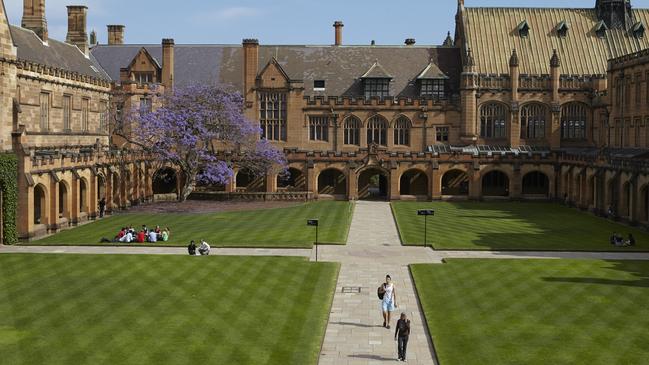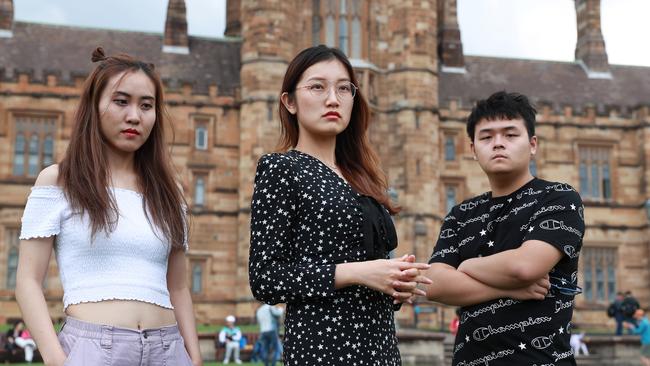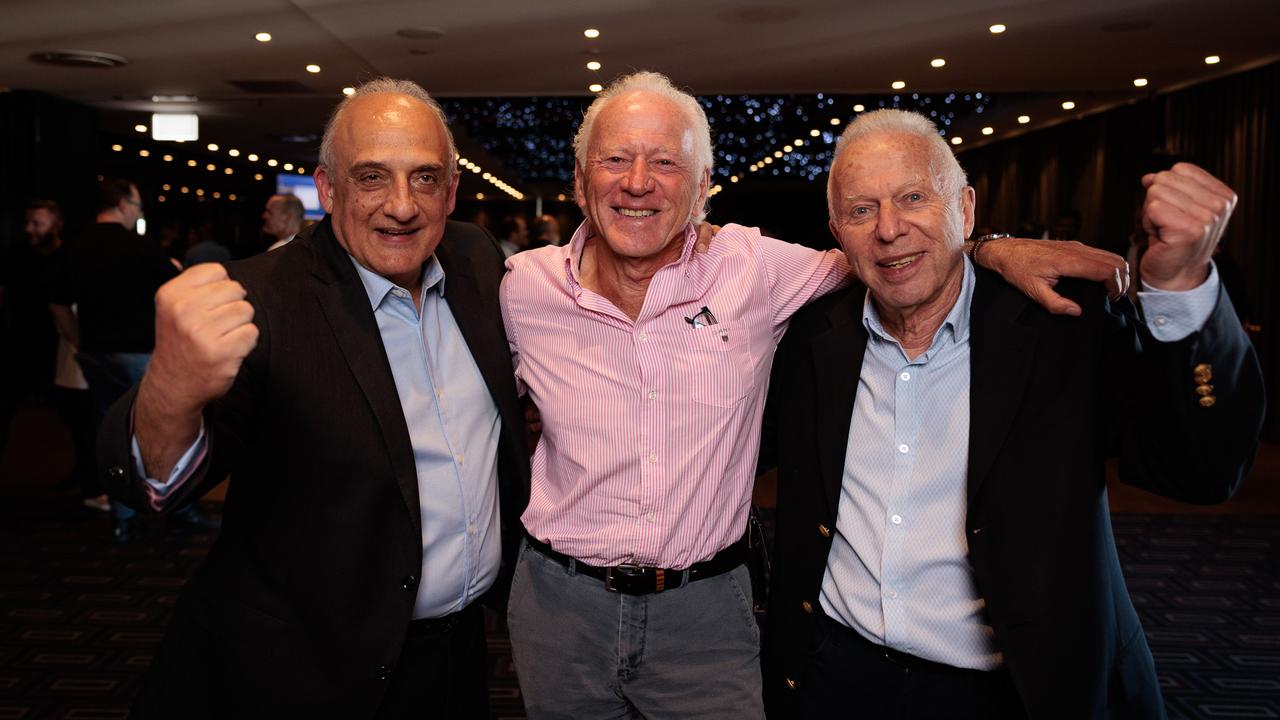
Although there is no official confirmation, the anecdotal reports coming out of China carry a clear message ----China is blocking its students from coming to Australian universities. It has already made it clear it does not want the children of Chinese citizens studying in our schools, which is set to devastate the finances of those schools who relied on a significant percentage of Chinese students.
Our university sector is going to undergo a severe and painful revolution because Chinese students have provided the cash to enable most universities to prosper. RMIT in Melbourne has the largest overseas student population, comprising more than 40 per cent of total students. With University of Melbourne overseas students they have transformed Melbourne’s CBD.
Vast numbers of student apartments are already vacant but the number will rise.
Later in this commentary I will set out some of the options that universities are now canvassing.
More than two years ago China made it clear that to the Australian government that it would stop visas for Chinese students if we continued to “annoy” China with criticisms so the latest move is not a surprise. Overseas students represent between 20 and 40 of most universities and Chinese students dominate the sector.
Over the decade the Chinese university system has been greatly expanded and is now offering much higher standard degrees. The anti-Australian publicity in China has been extensive so not only is it hard to get a visa but many Chinese families now don’t want to send their children here.
In the current year the number of Chinese students will decline but the numbers will not collapse because a large number are still here, while others will study online. The big crunch comes in 2022 and 2023.
The unpopularity of Australia as a student destination has been multiplied by the appalling way we treated international students who were marooned in Australia. Excluded from aid programs, in some cases they had to beg for food during the COVID clamps. The Chinese population will take a long time to forgive our nation for treating its children this way.
Most of our universities have been hoping that relations between Australia in China will thaw and student numbers would return.
Accordingly a number of the top eight universities have been reducing entry standards for Australian students, hoping to suck students away from smaller universities. That might be a strategy to overcome a short-term problem but those universities which continue with that strategy will lower their standards and eventually be hit hard as their status declines.
The universities that have close contacts with China realise a student number crisis is inevitable so a number of alternative strategies and now moving around the university sector.
The great university hope is that students from India and other countries can fill a big part of the gap. Australia will need to make the long term residential hurdles much lower to substantially increase non-Chinese overseas student enrolments.

Given the looming crisis, here are some of the strategies being considered:
* Simply continue operating in the same way as the last decade but reduce the size of universities. While that strategy may be popular on the surface, for some time now universities have not catered for the demands of their Australian students and employers. Many students have complained that they spend large amounts of time getting overseas students up to scratch, which hinders their own development. And medium-sized enterprises say that too many students who come out of universities are simply not “job already”. In the past, because almost all universities were playing the overseas student game, Australian students had no choice but to adapt. Now they will have a choice.
* A small number of our top universities will attempt to follow Harvard and MIT and establish world-ranking research and education. That will require recruiting the very best of educators/researchers and linking their research and teaching into the corporate world. The courses, teaching and research will be expensive so they need to be first class. Very few universities currently have the calibre of staff required to match it with the best global universities. If we succeed in establishing a small number of world-class universities which work with corporations we will be much stronger as a nation.
* Some universities will embrace that course of action in specific areas, like medicine or engineering. The remainder of students in these “specialised” universities will either continue with current practices or change courses to enable students to be “job-ready”.
* Middle-sized enterprises in Australia desperately want students who are “job-ready”. Large accounting and law firms plus banks etc have special training courses to bring students into their orbits. The middle-ranking companies can’t do that. The new education minister Alan Tudge wants universities to do more research for medium-sized business. That’s a good idea but it won’t work unless the students coming out are employable. Many regional universities have shown the way.
* One of the saddest parts about what happened to our universities was that we lost the “campus feeling”. University students used to spend a lot of time with each other forming networks which would be very valuable in later life. More students are working part time and attending lectures online. There may be a gap in the market for universities that are campus-based.
I am sure many other alternatives will be conceived and I am researching a surprise alternative which I will discuss later in the week. But there can be no escaping that most of our universities face fundamental change. It will not be a happy time for staff.



